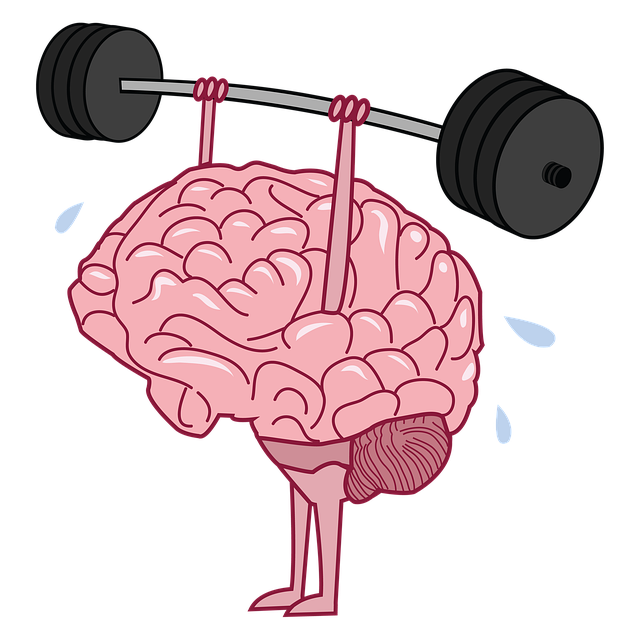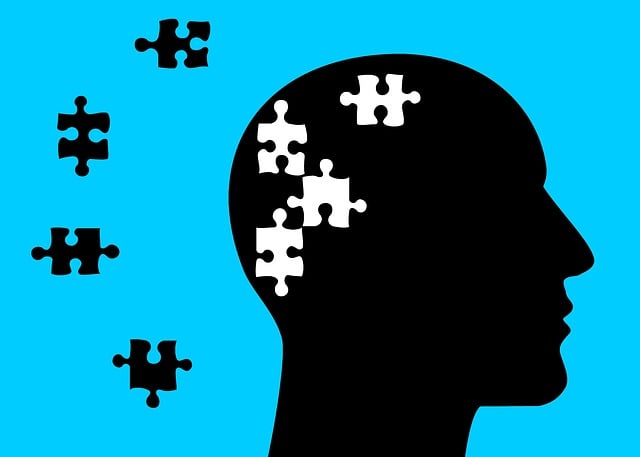Broomfield Dialectical Behavioral Therapy (DBT) is a structured, evidence-based approach combining cognitive-behavioral techniques with mindfulness practices to promote mental wellness. By addressing core challenges like emotional regulation, distress tolerance, and interpersonal effectiveness, DBT equips individuals with skills to manage complex emotions, reduce impulsive behaviors, and improve relationships. Incorporating self-care practices, such as meditation, exercise, journaling, and nature time, alongside group therapy, individual counseling, and stress management workshops, fosters resilience and holistic well-being. DBT contributes to stigma reduction efforts, empowering individuals toward recovery and leading more fulfilling lives.
Mental wellness promotion is a vital aspect of modern life, and Broomfield Dialectical Behavioral Therapy (DBT) offers a comprehensive approach to achieving it. This article delves into the foundational understanding of mental wellness and how DBT serves as a game-changer in treating various challenges. We explore ‘Broomfield DBT therapy’ as a holistic solution, breaking down its key components. From self-care integration to building resilient coping mechanisms, discover how DBT techniques empower individuals to navigate life’s complexities with grace and equilibrium.
- Understanding Mental Wellness: The Foundation of DBT
- Broomfield DBT Therapy: A Comprehensive Approach
- Key Components of Dialectical Behavioral Therapy
- Integrating Self-Care into Daily Life
- Building Resilient Coping Mechanisms with DBT Techniques
Understanding Mental Wellness: The Foundation of DBT

Understanding mental wellness is a foundational step towards embracing and promoting well-being, which forms the core principle of Broomfield Dialectical Behavioral Therapy (DBT). DBT, an evidence-based approach, recognizes that mental health issues often stem from difficulties in regulating emotions, tolerating distress, and effectively interacting with others. By addressing these core challenges, DBT aims to help individuals develop coping mechanisms to navigate life’s complexities.
This therapy is particularly effective for those dealing with complex mental health conditions or emotional dysregulation. It equips participants with valuable tools such as mindfulness practices, emotional awareness skills, and conflict resolution techniques, all designed to enhance mental health education programs. Moreover, by fostering a better understanding of their emotions, DBT contributes to stigma reduction efforts, empowering individuals to embrace their journey towards recovery and leading more fulfilling lives.
Broomfield DBT Therapy: A Comprehensive Approach

Broomfield Dialectical Behavioral Therapy (DBT) offers a comprehensive approach to mental wellness promotion, addressing both emotional regulation and interpersonal effectiveness. This therapy is designed to help individuals manage intense emotions, reduce impulsive behaviors, and improve their relationships with others. DBT combines cognitive-behavioral techniques with mindfulness practices, providing clients with powerful tools for coping with stress, anxiety, depression, and potential burnout prevention.
By emphasizing cultural sensitivity in mental healthcare practice, Broomfield DBT ensures that each client receives personalized care tailored to their unique background and experiences. This holistic approach enhances emotional well-being promotion techniques, fostering a supportive environment where individuals can learn, grow, and thrive. Through structured group sessions and individual therapy, clients develop skills to navigate challenges, build resilience, and lead more balanced and fulfilling lives.
Key Components of Dialectical Behavioral Therapy

Dialectical Behavioral Therapy (DBT) is a structured and evidence-based approach that integrates cognitive-behavioral techniques with concepts of mindfulness and acceptance. Originating from Broomfield, Colorado, DBT was initially designed to help individuals struggling with borderline personality disorder (BPD). However, its effectiveness has since been recognized for various mental health conditions, making it a valuable tool in modern therapy practices.
The key components of DBT encompass skill-building sessions that focus on mindfulness meditation, emotion regulation, distress tolerance, and interpersonal effectiveness. Mindfulness meditation helps individuals stay present and aware, enabling them to observe thoughts and feelings without judgment. Cultural sensitivity in mental healthcare practice is also a cornerstone, ensuring tailored support for diverse populations. Additionally, DBT includes group therapy sessions and individual counseling to provide comprehensive care. Stress management workshops organized within this framework empower clients with practical tools to cope with challenging situations, fostering a sense of control and resilience.
Integrating Self-Care into Daily Life

Incorporating self-care practices into our daily routines is a vital aspect of promoting mental wellness, especially in today’s fast-paced world. It’s easy to get caught up in the hustle and bustle of life, often neglecting our own needs. Broomfield Dialectical Behavioral Therapy (DBT) emphasizes the importance of self-care as a foundational element for improving emotional regulation and overall mental health. This therapy encourages individuals to develop healthy coping mechanisms and prioritize their well-being.
By integrating self-care into daily life, one can effectively manage mood swings and promote a sense of balance. Activities such as meditation, exercise, journaling, and spending time in nature are powerful tools for emotional well-being. These practices allow individuals to disconnect from stressors, improve focus, and enhance overall mental health. In the context of Mental Health Policy Analysis and Advocacy, recognizing and encouraging self-care can contribute to a more holistic approach in addressing mental health concerns on a societal level, complementing efforts like Mood Management strategies.
Building Resilient Coping Mechanisms with DBT Techniques

Building resilient coping mechanisms is a key aspect of maintaining and improving mental wellness. Dialectical Behavioral Therapy (DBT), a specialized form of cognitive-behavioral therapy, offers powerful tools for achieving this resilience. Broomfield DBT therapy integrates mindfulness techniques, distress tolerance skills, emotion regulation strategies, and effective communication methods to empower individuals in managing their emotional experiences.
Through engaging in regular practice, one can develop stronger coping mechanisms that help navigate life’s challenges more effectively. The focus on both acceptance and change, a cornerstone of DBT, allows individuals to embrace difficult emotions while learning to respond to them constructively. This balance fosters resilience, enabling people to adapt and grow from their experiences, ultimately contributing to overall mental wellness, as highlighted in our Mental Wellness Podcast Series Production.
Broomfield Dialectical Behavioral Therapy (DBT) offers a comprehensive and effective approach to mental wellness promotion. By integrating key components such as mindfulness, distress tolerance, emotion regulation, and interpersonal effectiveness, DBT empowers individuals to build resilient coping mechanisms and navigate life’s challenges with greater ease. The success of Broomfield DBT therapy lies in its holistic nature, combining evidence-based techniques with self-care practices, ultimately fostering long-term mental health and well-being.














